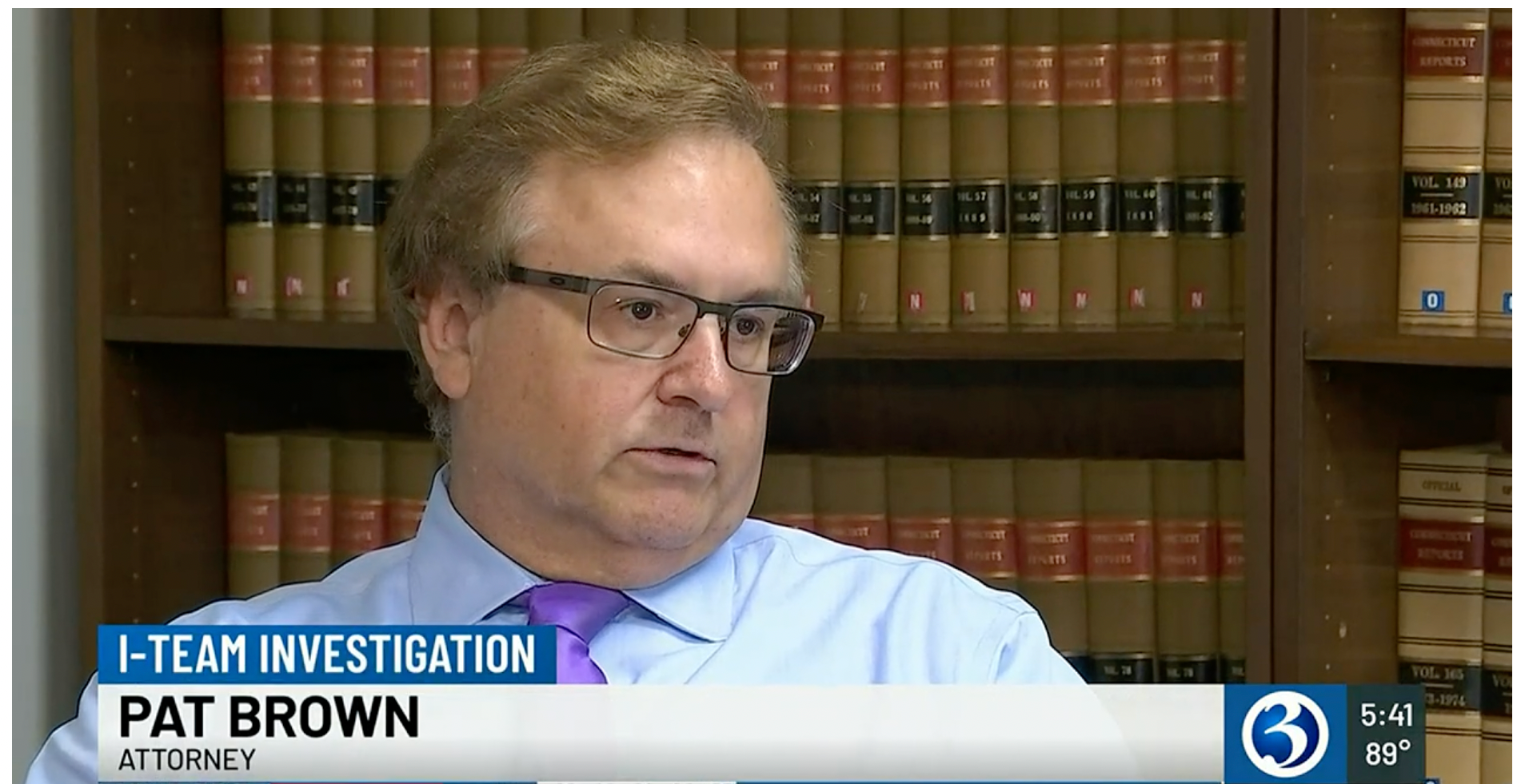For many criminal defendants, sentencing is one of the most critical and nerve-wracking stages of the legal process. In many cases, judges have little direct knowledge of the defendant beyond what is presented in court. This is where the Pre-Sentence Investigation Report (PSIR) comes into play. The PSIR provides the judge with an in-depth look at the defendant’s background, character, and circumstances surrounding the crime, all of which can significantly influence the sentencing decision. Additionally, correctional authorities use the PSIR to determine security classification and prison placement. Understanding the purpose, process, and potential pitfalls of the pre-sentence investigation can make a substantial difference in the outcome of a case.
What Is the Purpose of the Pre-Sentence Investigation Report (PSIR) in Criminal Cases?
In most criminal cases, guilty pleas are rapid and rote, and do not provide much information to the judge about the criminal defendant, his merits, or his shortcomings. Because of this, most jurisdictions authorize an adjournment between a plea or trial and sentencing for court officers (usually representatives of the probation department) to conduct a pre-sentence investigation of the defendant and report their findings.
Judges use the
Pre-Sentence Investigation Report (PSIR)
to determine an appropriate sentence, while correctional authorities rely on it for decisions regarding security classification and institutional placement. If you or a loved one is facing sentencing on criminal charges, here’s what you need to know about this critical stage of the sentencing process.
What the Report Covers
The preparation of the PSIR does not involve extensive investigation but rather relies on interviews and document collection. The presentence investigator will typically gather information from:
The report generally covers the following areas:
Waiving the PSIR
In misdemeanor cases, the sentence is often predetermined, and a PSIR may be unnecessary. However, in felony cases, a presentence investigation is usually mandatory unless waived by agreement between the parties and the judge.
A defendant should consider
waiving the PSIR when a favorable sentence has already been promised by the judge or prosecutor. Since the investigator might uncover unfavorable details, waiving the PSIR can sometimes prevent negative information from influencing sentencing. However, in cases where background information or mitigating circumstances might lead to a lesser sentence, it is often in the defendant’s best interest to
proceed with the PSIR.
The Pre-Sentence Interview
Most legal authorities agree that the pre-sentence interview is not a critical stage of the proceedings at which the defendant has a right to counsel. However, in practice, many defense attorneys prefer to attend the interview to ensure their client does not inadvertently harm their case.
Guidelines for the Defendant During the Interview:
How Can a Defendant Influence the Pre-Sentence Investigation Report?
While the PSIR is primarily compiled by probation officers, defendants can take active steps to ensure the report accurately reflects their background and rehabilitation efforts:
What Are Common Mistakes Defendants Make During the Pre-Sentence Interview?
Defendants often harm their own case during the pre-sentence interview by making avoidable mistakes:
How Does the Pre-Sentence Investigation Report Affect Sentencing and Prison Placement?
The PSIR plays a critical role in determining both sentencing and prison placement:
Challenging the PSIR
Since the PSIR influences both sentencing and prison conditions, defendants should challenge inaccuracies before sentencing. Written objections should:
If inaccuracies are discovered too late, the defense attorney should request a sentencing delay to investigate and correct the report.
Final Thoughts
The Pre-Sentence Investigation Report is a pivotal document that can shape a defendant’s future. By actively participating in the process, working with a knowledgeable attorney, and correcting errors early, defendants can significantly influence their sentencing outcome and incarceration conditions. Understanding how to navigate the PSIR can make all the difference in achieving a fair and just sentence.
The post Pre-sentence Investigation Report and Interview appeared first on Law Offices of Pat Brown .













